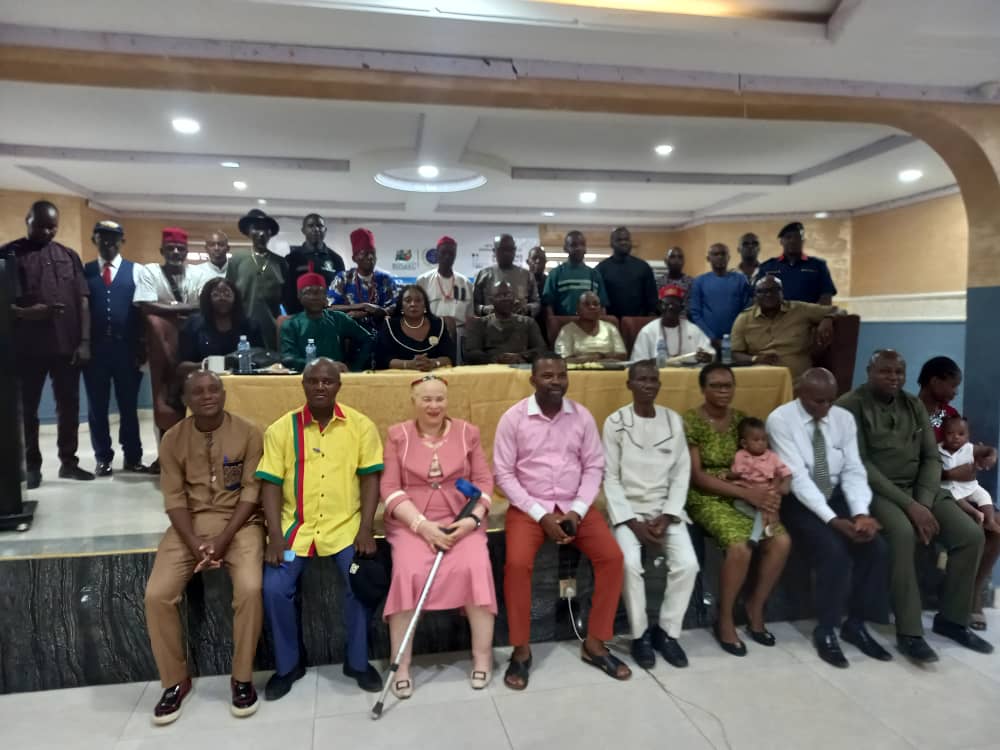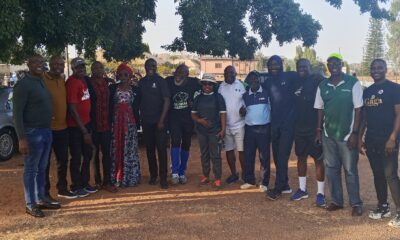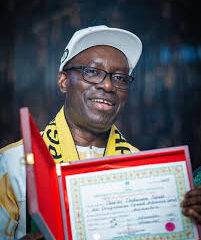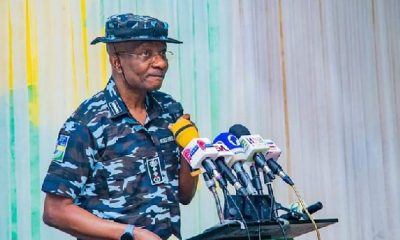Franklin Ebuka, Awka
Security Stakeholders have called for the protection of human rights and improved accountability by the police and other security agencies in the discharge of their duties.
The stakeholders made the call at a townhall meeting on human Rights, Police Accountability and Justice Administration in Anambra State, held in Awka on Wednesday.
They noted that while security agencies are appreciated for their services and sacrifices, they should respect human rights and be accountable.
The stakeholders commended the Anambra State government for enacting the Anambra State Homeland Security Law, saying that it has helped significantly in taming crime and criminality in the state.
They however called on the government to monitor the operatives of Agunechemba closely in order to curtail their excesses, which have become noticeable in some quarters.
Earlier in his welcome address, the coordinator of Anambra State Police Stakeholders Partnership Forum, Professor Jaja Nwanegbo, said the townhall was aimed at interrogating the protection of human right, police accountability and justice administration in Anambra.
Nwanegbo said the outcome would help stakeholders in evolving policies and action plans that promote an egalitarian society.
On his part, the Executive Director of Rule of Law and Accountability Advocacy Centre RULAAC, Okechukwu Nwanguma, noted that since its establishment in 2019, the PSPF has achieved numerous successes, including effective resolution of complaints against police officers and the promotion of professional standards within the Anambra State Police Command.
Nwanguma emphasised the need to foster a culture of respect for human rights, enhance accountability, and promote effective criminal justice delivery.
“As many of you know, our journey towards enhancing human rights and police accountability in this state began with the establishment of the Anambra State Police Stakeholders Partnership Forum (PSPF) in 2019. This initiative, supported by the Anambra State Police Command under former Commissioner of Police John Abang, was born out of the need for a structured dialogue between the police and civil society organizations. It has provided a platform for ensuring that our police personnel are held accountable for any violations of rights and that citizens are empowered through knowledge and advocacy, ” Nwanguma said.
He commended the Anambra State government for the steps taken to combat crime, by enacting Anambra the Anambra Homeland Security Law, which gave birth to Agunechemba under the Operation Udo ga-achi.
While giving an overview of the Anambra Homeland Security Law, the Anambra commissioner of justice and attorney General of the state, Professor Sylvia Ifemeje, said the Agunechemba security outfit was not established to take over the functions of the police.
Ifemeje stated that Agunechemba was created to work in collaboration with the police and other security agencies in combating crimes.
She emphaised that the homeland security law was not targeted at any particular people, neither is it discriminatory nor ban the practice of traditional religion or herbal medicine.
Corroborating her view, the state commissioner for Information, Dr Law Mefor, said the law was crafted in a way to deal with the enablers of crime, such as fetish practices that promise quick wealth and promote crimes and criminality.
Mefo stated that Anambra state has recorded decrease in crime and criminality since the Anambra State Homeland Security Law was signed into law.
He condemned the trend of wealth without work, saying the state government is out to wipe it out.
The commisisoner assured that the
government was not aloof to the need to supervise the operations of Agunechemba, in order to curtail the possible the excesses of security outfit.
The townhall which was organized by the Anambra Police Stakeholders Partnership Forum (PSPF), facilitated by Rule of Law and Accountability Advocacy Centre RULAAC, with support from the Rule of Law and Anti-corruption RoLAC 2 Programme, brought together government officials, Traditional rulers, National Human Rights Commission, members of the Civil Society Organisations, the Police, the Nigeria Security and Civil Defence Corps (NSCDC), the media and other stakeholders in the justice sector.

 NEWS2 years ago
NEWS2 years ago
 MUSIC4 years ago
MUSIC4 years ago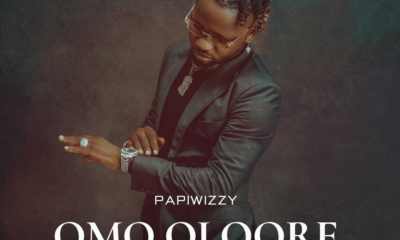
 MUSIC4 years ago
MUSIC4 years ago
 MUSIC2 years ago
MUSIC2 years ago
